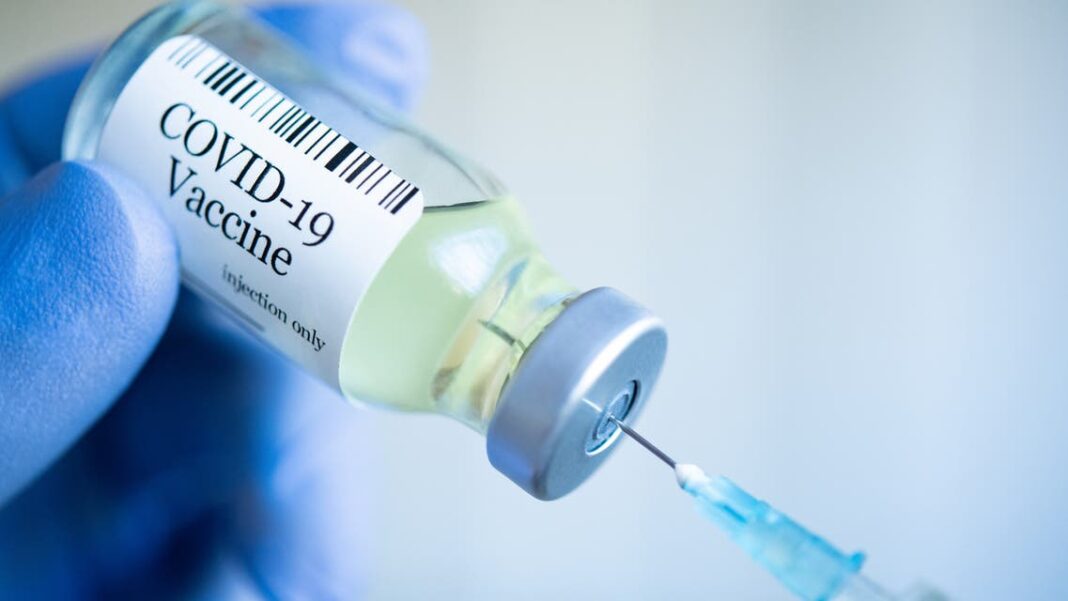There are people who, even after a large number of contacts with those infected with COVID-19, do not become carriers of the disease: it is important not to confuse this with situations where a person has had the virus asymptomatically. Here’s why someone is immune to coronavirus.
How Virus Resistance Works
The course of the disease in a particular person is determined by a number of factors: the general condition of the body and previous diseases, the type of microorganism that entered the body, the characteristics of the patient’s genotype, the presence of concomitant infections, etc.
Any infectious disease in different people proceeds in different ways. For most diseases, the statistics of typical symptoms and the timing of their course do not include cases when the disease was “mild” or even asymptomatic.
And although such situations usually fall out of the field of view of doctors, they are of particular interest, because they can indicate unknown mechanisms of protection against infections.
An analogy with HIV can be made: almost from the very beginning of the epidemic, rare cases were noted when a person turned out to be completely resistant to the virus or the carriage of the virus did not pass into the stage of AIDS. Scientists linked this situation to the surface lymphocytic protein CCR5, or rather, its absence in some people.
True, further research has shown that resistance to HIV may be due to not one but several genes and proteins.
How we found resistance to coronavirus
Scientists have noticed that people live together and one of them is infected with SARS-CoV-2. The incubation period passes, symptoms appear, and after a few days the person enters the intensive care unit. But the second during this time did not show any symptoms of the disease.
Scientists believe that human resistance to the virus is also due to genetic characteristics. In January 2021, American scientists announced that they had found the most suitable candidate – the RAB7A gene, which is responsible for cell transport. If you turn it off, then the ACE2 receptor does not reach the cell surface, and the coronavirus needs this receptor to infect.
Is coronavirus resistance mutation common?
Mutations in RAB7A are rare, but theoretically, it or some other gene important for SARS-CoV-2 can be turned off by drugs. But for the prevention of HIV, such a remedy has never appeared.
What other genes are responsible for complete resistance to COVID-19?
Another study in Brazil tested couples where only one spouse got sick. After rechecking the data, 46 variants of the MICA and MICB genes were found, which affect the activity of immune cells.
In the presence of these options, the infection proceeded with symptoms. Something similar to the situation with HIV looms: several genes in a bundle can give resistance to the virus. Perhaps this will help find a cure for COVID-19.
Other opinions on viral resistance
The director of the scientific information center for the prevention and treatment of viral infections, immunologist Georgy Vikulov said that viral resistance is possible with genetic resistance to the virus or a certain effect of the immune system.
Perhaps this is an effect of the immune system. Possibly low viral load. Or the sum of these factors.
Georgiy Vikulov, immunologist and director of the scientific information center for the prevention and treatment of viral infections.
Anna Toptygina, an immunologist and doctor of medical sciences, said that resistance to the virus can be explained by another phenomenon – interference of viruses.
This is an interaction in which the presence of one virus in the body suppresses the reproduction of another. In this case, in response to a respiratory viral infection, the production of interferon began, to which the new type of coronavirus is very sensitive.
She also noted that cross-immunity can help: this is when a person’s protection against a certain virus or bacteria saves from another. A person who has recovered once has immune memory cells, which are immediately activated in a situation of danger.
True, in the case of a very large dose of the virus, nothing will save, because all these mechanisms are not absolute and have an auxiliary character.









